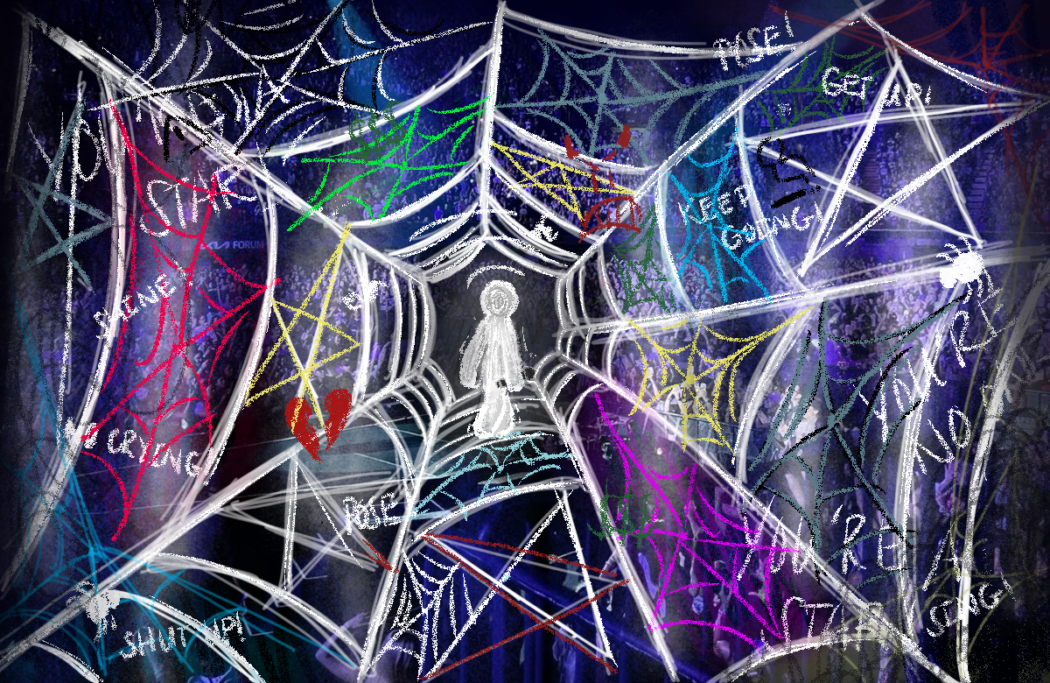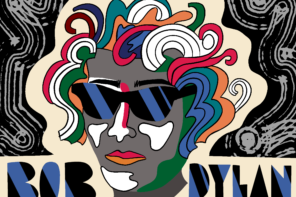Many pop artists struggle with their mental health after they’ve already made a dent in the music industry, but why is it disproportionately worse for those who entered younger? Some people believe that as long as there’s a demand for music artists, new ones will continue to emerge, and each time the harms of being so young and famous are usually forgotten.
Young emerging artists develop stage personalities and are fed the belief that straying from them could result in failure. If they act differently away from the spotlight, they may be perceived as fake and unworthy of the attention they are receiving. If they try to write music at a more personal level rather than for a commercial audience, they risk exposing themselves and still being deemed failures for not making enough money. By trying to write truthfully, they risk reverting to a younger, simpler, and more accepted version of themselves. They may be less likely to take creative chances because the stakes are too high, and however successful their new music is, producers won’t be satisfied unless it earns them more than before. Pop legend Elton John explained in his autobiography that he believed the King of Pop, Michael Jackson’s, mental health was destroyed because he was never able to outdo //Thriller//. Jackson started performing at age 5, eventually becoming one of the most famous stars of all time—but after being treated as an idol for so long, the only person he couldn’t please was himself.
At around age 30, it’s deemed inappropriate for pop stars to write the same blissful songs about relationship mistakes they wish they hadn’t made because their audiences stop relating. Considered too old, some musicians are left with no clue what to do with themselves and don’t know how to cope. The 27 Club, whose members consist tragically of music artists who died at 27, exists because so many young singers end up being dropped suddenly from their continued adolescence when they had first grown to fame, never really knowing themselves without status. For those with super celebrity status, leaving the public eye is simply not an option.
Unlike many with stressful careers, music artists don’t have built-in access to HR at their jobs.
Unlike many with stressful careers, music artists don’t have built-in access to HR at their jobs. Everyone they work for or who works for them has the potential to exploit them. This puts them continuously at risk, where they learn to fear their relationships are superficially dependent on how well their music is hitting the charts. School-age youth in Quebec can work a maximum of 17 hours a week. This doesn’t apply to pop artists who work full-time every day while on tour. This isn’t illegal for artists aged sixteen years and older, and further ensures that their entire lives are consumed by the industry with no backups if suddenly their seemingly ever-rising career halts. They don’t expect it; no one would have warned them. On top of all this, fans tend to feel let down when their favourite artists change. K-pop band members, in particular, have faced severe backlash from their fans for being different from their mask-like stage presence. Sometimes, the fans go so far as to become threatening to K-pop artists who are in relationships since they feel excluded and underappreciated even though their bond with the celebrity has never been mutual.
The pop star’s life has no consistency; it is just movement from place to place—idolized like gods for one quick second to being hated the next.
The pop star’s life has no consistency; it is just movement from place to place—idolized like gods for one quick second to being hated the next. This movement is intensified for teenagers whose prefrontal cortices aren’t developed yet. Sometimes, the only solution that’s available for them to deal with their explosive worlds and feelings of inadequacy is substance abuse. Liam Payne, a singer-songwriter and member of the boy band One Direction, died on October 26 this year while intoxicated. He had revealed to the press in previous years that he suffered from suicidal thoughts and anxiety. Payne joined one of the best-selling boy bands of all time at age sixteen, when most people are vulnerable because they don’t know who they are. There are very real consequences of the lack of age restrictions and safety measures for pop singers.
English songwriter and singer Robbie Williams joined the pop group Take That when he was also just sixteen. In his Netflix documentary, Williams spoke of his long-lasting struggles with alcoholism and drug abuse beginning when he was a teenager, which eventually forced him to leave the band. Guy Chambers, who later co-wrote with Williams, expressed his belief that boy bands should be restricted for people under the age of eighteen. At least by then, they’re legally adults with a couple more consequential years passed before achieving fame.
Pop artists have started doing something differently now. They are part of the reason mental health issues are becoming less stigmatized. Many have decidedly written about what happened to them in a way that helps their audiences too. New artists like Chappell Roan have been quicker to call out inappropriate behaviour and harassment. They have also been less tolerant of attacks from the media and obsessive fans. By taking on the responsibility to stand up to fans and the media, they are managing to end the assumption of sacrifices that need to be made at the mere cost of fame. It’s credible to them for working against what the media says they should be.
Perhaps artists’ changing attitudes towards safer treatment, combined with stricter entry into their world, will make the 27 Club a thing of the past. Hopefully, this shift will spark a wider mental health movement in the industry, where mental health support is the first and not the last thing struggling artists choose to employ. There is an equal payoff for both artists who potentially can fulfill their career aspirations, and for audiences who can listen to artists whose creative abilities persist throughout their lifetimes.








